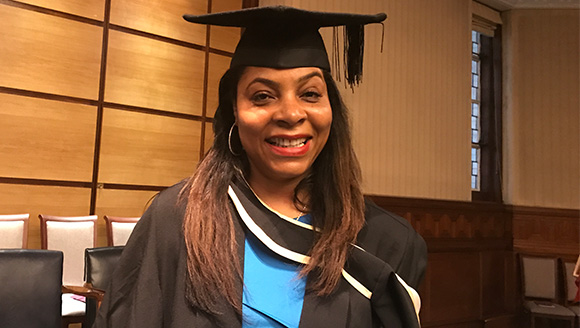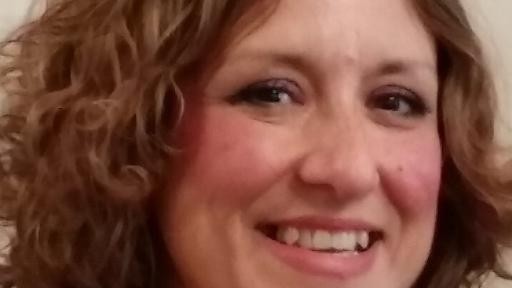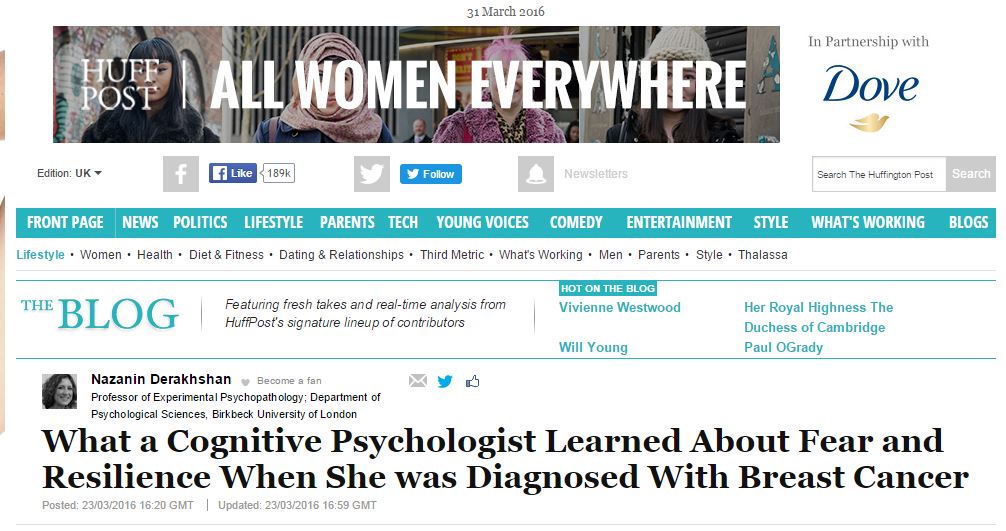 Dr Halley Pontes, Lecturer in Organizational Psychology,
Dr Halley Pontes, Lecturer in Organizational Psychology,
explains why we are all burnt out and what managers can do to support employee wellbeing.
Since the beginning of the COVID-19 pandemic, people’s lives have been profoundly transformed, particularly in relation to how they go about their work. With many restrictions in place to mitigate the spread of the virus, people found themselves in a different setting where often times working from home means ‘living at work’ due to the increasingly blurred lines between work and home life. To further compound this issue, such unprecedented changes brought about high levels of uncertainty and psychiatric disorders (e.g., depression, anxiety, stress, and insomnia), all contributing to decreased levels of wellbeing (Liu et al., 2021). In the UK, about 822,000 workers suffered from work-related stress, depression, or anxiety in 2020/21, with an estimated 54% of these workers reporting that these symptoms were either caused or made worse by the pandemic (Health and Safety Executive, 2021).
During these unprecedented times, an increasingly prominent problem is the increased risk of ‘burnout’ among employees. According to the World Health Organisation (WHO), burnout is a syndrome that results from chronic workplace stress that employees are not able to effectively manage. Burnout comprises the following three main dimensions:
- ‘feelings of energy depletion or exhaustion’
- ‘increased mental distance from one’s job, or feelings of negativism or cynicism related to one’s job’
- ‘a sense of ineffectiveness and lack of accomplishment’.
Burnout is particularly relevant to organisations and teams as it refers specifically to the occupational context. As such, managers have the responsibility to promote employee mental health and wellbeing by understanding the issue of burnout while proactively adopting solutions that may help mitigate its risks, especially during periods of greater vulnerability such as during the pandemic.
How to recognise the key signs of burnout in your team
According to Mental Health UK, in March 2021, 1 in 5 UK workers felt ‘unable’ to cope with pressure and stress levels at work. Because burnout can drastically impair a person’s wellbeing, it is important to identify its key symptoms as early as possible. To this end, attentive managers and leaders should look out for the following common signs of burnout among their team members:
- Feeling tired or drained most of the time
- Feeling helpless, trapped, and/or defeated
- Feeling detached or alone in the world
- A cynical or negative outlook
- Self-doubt
- Procrastinating and taking longer to get tasks done
- Feeling overwhelmed.
A study conducted by Ericson-Lidman and Strandberg (2007) investigating co-workers’ perceptions of signs preceding a burnout episode found that the following signs are observed prior to their colleagues experiencing burnout:
- Struggling to manage alone (e.g., stretching to do things well alone)
- Showing self-sacrifice (e.g., pushing to the limit)
- Struggling to achieve unattainable goals (e.g., appearing weighed down by heavy demands)
- Becoming distanced and isolated (e.g., withdrawing from co-workers/work)
- Showing signs of falling apart (e.g., sleep disturbances).
What can managers do to prevent burnout?
Although most of the time the onus for reducing burnout risk is on the side of the employee, managers can do several things to help in terms of burnout prevention and mitigation. First and foremost, it is important to communicate with employees in a clear way about the support that might be available in the organisation for work-related stress, while educating them about how they can recognise and manage high levels of stress and decreasing wellbeing before things become too unmanageable. In addition to adequate communication, managers can encourage the adoption of several habits that can foster wellbeing and potentially reduce burnout:
- Allowing regular breaks: this is key to helping employees get much-needed recovery time so that they do not push themselves to their breaking point.
- Developing a wellbeing mind: every person is different, as such, employees will experience stress differently. Here, managers should get to know how employees think about wellbeing so that they can help them better cope with challenging times.
- Fulfilling social needs: developing strong social ties is key to improving mental health. Managers should challenge employees to connect with each other in several ways and facilitate regular online and/or in-person events that promotes social cohesion and social support.
- Developing a sense of purpose: helping employees identify their purpose is paramount. Managers should connect employees’ roles to the mission and values of the organisation, reinforcing the idea that every role matters.
For leaders or individuals in managing positions, try the following practical tips to support your team members:
- Empower the team to switch off when they’re not at work (e.g. agreeing not to send emails or messages outside working hours and being clear that colleagues are not expected to respond in their free time).
- Set the team a challenge to see if they can take a break outside each day. This is particularly important for getting natural light in the UK in the winter months, even if it’s just a 10-minute walk around the block.
- Encourage the team to use their annual leave entitlement (ensuring that the team has robust handover and cover arrangements so people feel reassured to take time off with confidence that their colleagues will handle anything urgent).
Further Information






